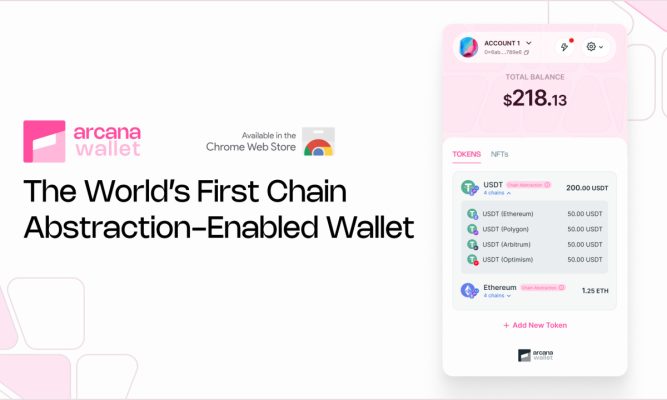Renewable energy and sustainability have been a key focus area amid the growing climate change movement and concerns over the increasing carbon footprint created by fossil fuels. Today, the energy industry is going through a critical transformation, and blockchain can play a significant role in this transition. The traditional linear flow of energy from producers to consumers is fragmenting and decentralizing. A range of renewable energy-generating assets supplement the energy structure. Blockchain is one of the digital technologies that can facilitate direct interaction between energy producers and consumers. The technology allows individuals, businesses, and even smart devices like solar panels and battery systems to interact and transact directly.
The use of renewable energy, through the use of natural energy resources, is critical for the lowering of energy consumption. Energy distribution networks have become more complex as the trend toward renewable energy resources has increased. It is anticipated that inefficient energy distribution, illegal energy use, unfair pricing, and the entry of individual energy producers into the market will be issues that must be addressed. The energy industry can benefit from digitalization in handling a variety of issues.
Blockchain, with its ability to build trust, create new connections, and disrupt established value chains, has the potential to be a catalyst that accelerates the energy transition. Although significant progress has been made, Blockchain technology, governance and regulation still require further work before reaching maturity. Energy companies are still learning, developing decentralized applications, and collaborating with others to accelerate the development of low-carbon energy.
Among several nations working towards a green initiative, Australia has a massive lead in blockchain projects focused on the renewable energy market. Some of the top renewable blockchain projects, including Power Ledger, and Phaeton are the top two contenders. Power Ledger has made a name for itself in the international market associated with the renewable energy market. In comparison, Phaeton has taken a different path altogether by building a whole ecosystem with blockchain tech at its core and renewable energy as the primary focus.
Australian Blockchain Enterprise Is Taking Renewable Goals to the Next Level
Phaeton is creating a whole ecosystem from scratch rather than leveraging its tech on existing platforms and services. It has also become the first blockchain project to build its own infrastructure and data centres. Most of the top blockchains rely on centralized third-party enterprises such as Google and Amazon for data storage and security. This is not in line with the Blockchain ethos of decentralization. Phaeton is focused on building its own data centres across the globe to power a range of Phaeton services.
Phaeton Blockchain is a decentralized ledger system with a block size of 250kb (potentially one million transactions) and a five-second creation time. The Phaeton Blockchain is built on the Delegated Proof of Stake plus Delegated Byzantine Fault Tolerance (DPoS+dBFT) consensus algorithm, which increases energy efficiency. Phaeton remains an independent blockchain focused on providing a platform for enterprises to use, whether for monetary, transactional, data, or smart contract purposes. Individuals’ ability to host a node is essential for the Blockchain’s speed, scalability, and security.
The Australian project is creating waves with its real-world investments. It is currently building a decentralized society for the needy. Every energy aspect of the project would be powered by renewable sources such as solar, wind, hydro and geothermal. Phaeton will also act as an incubator to support new and upcoming projects focusing on expanding the Phaeton ecosystem. The project offers a genuine investment opportunity and offers dividends via real-world investments. Phaeton has developed a Blockchain platform to make a positive social impact. Under a strong management structure, Phaeton Technology is developing a Social Impact Platform. It incubates, develops, and collaborates with new and established business enterprises to address social and environmental challenges following the United Nations’ Sustainable Development Goals.
Why Renewable Blockchain Projects Are the Future
The focus on sustainability is not just limited to one industry. Several industries and governments have come together to set carbon neutrality goals. Blockchain technology in a decade, will impact more sectors than what the Internet did in its time. It is going to become the standard of data storage and sharing soon. The renewable energy sector is new and relatively disorganized in many sectors – blockchain tech can help in streamlining it. Projects such as Power Ledger and Phaeton are growing examples of how renewable blockchain projects are the future.
Australia has long been regarded as a country with enormous potential as a hub for clean energy and currently leading the sector with several top projects coming from down under. Other countries have started similar initiatives. Many other blockchain projects in various nations have started to make it to the mainstream, be it; We Power from Estonia or Acciona Energy & Iberdrola, Spain. All governments are now beginning to use decentralized tech, thus making Blockchain the future.



